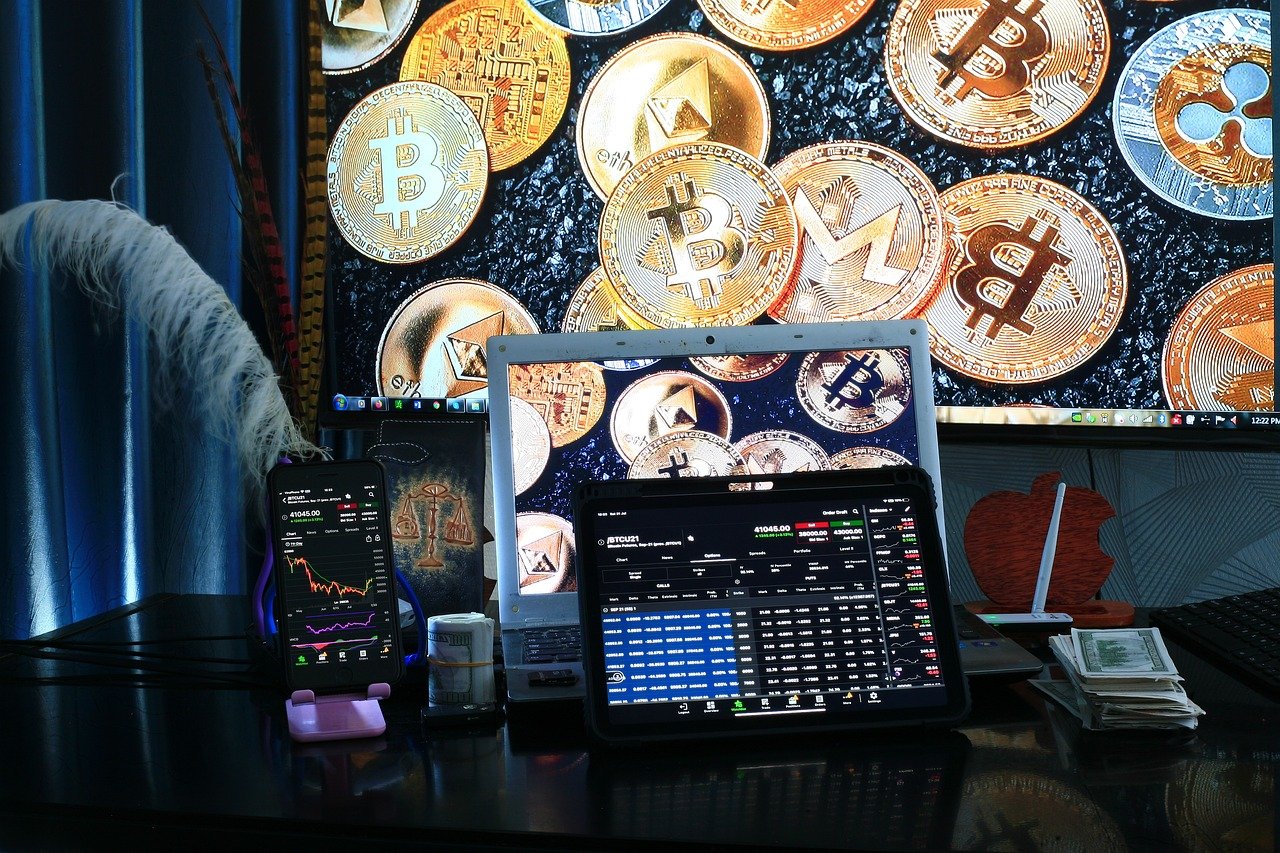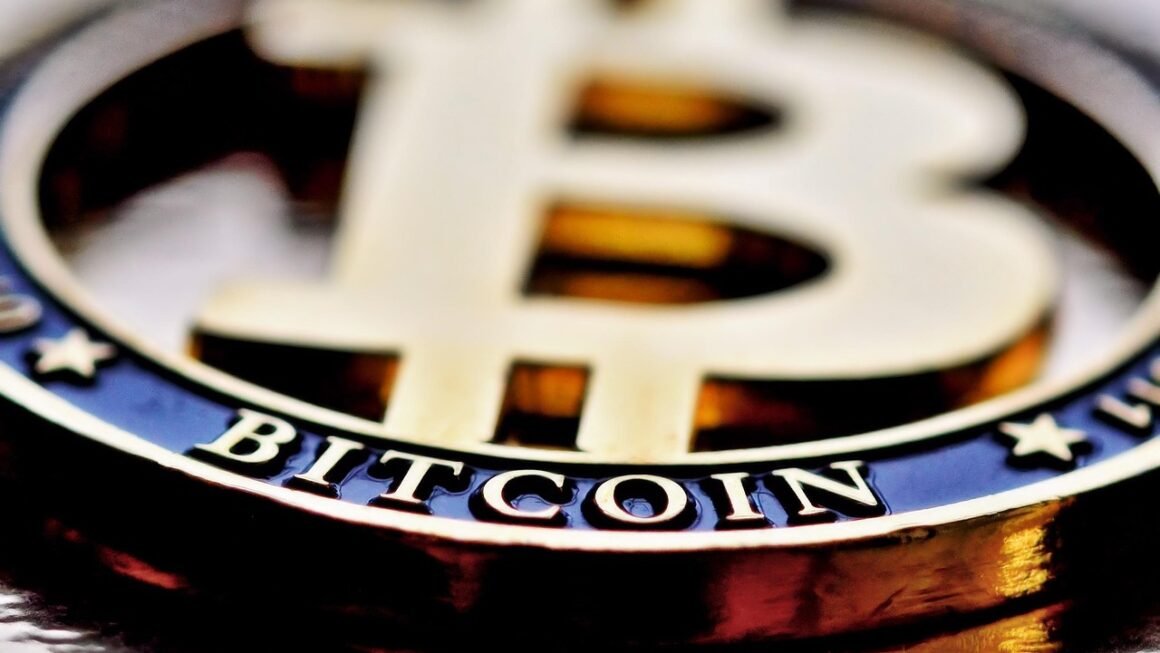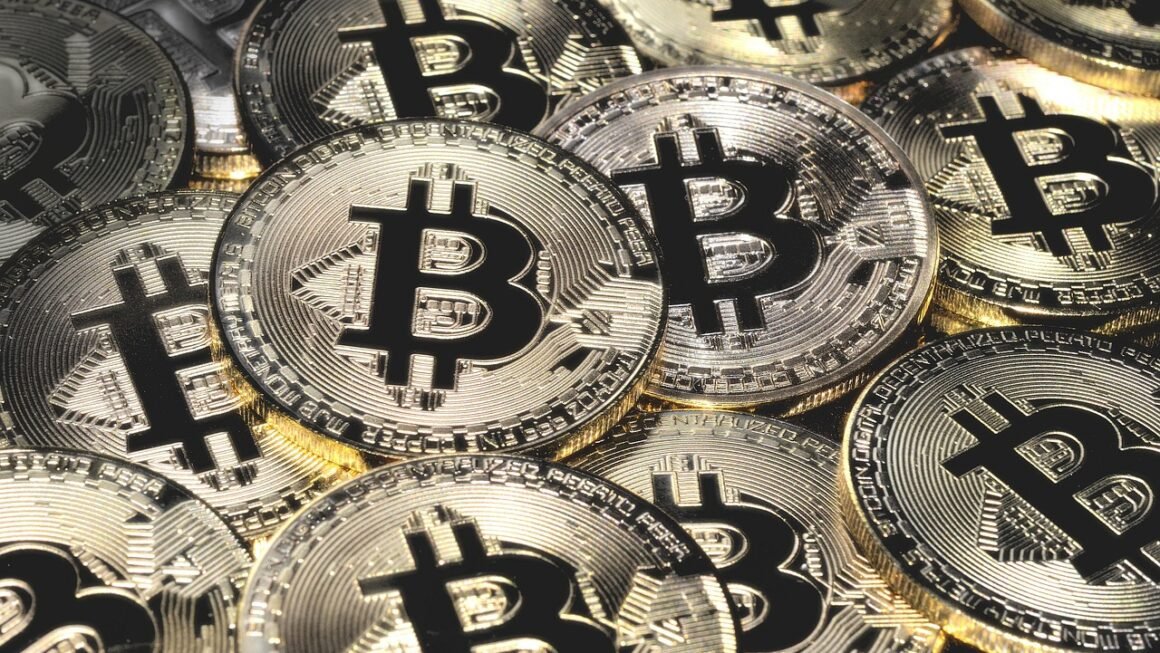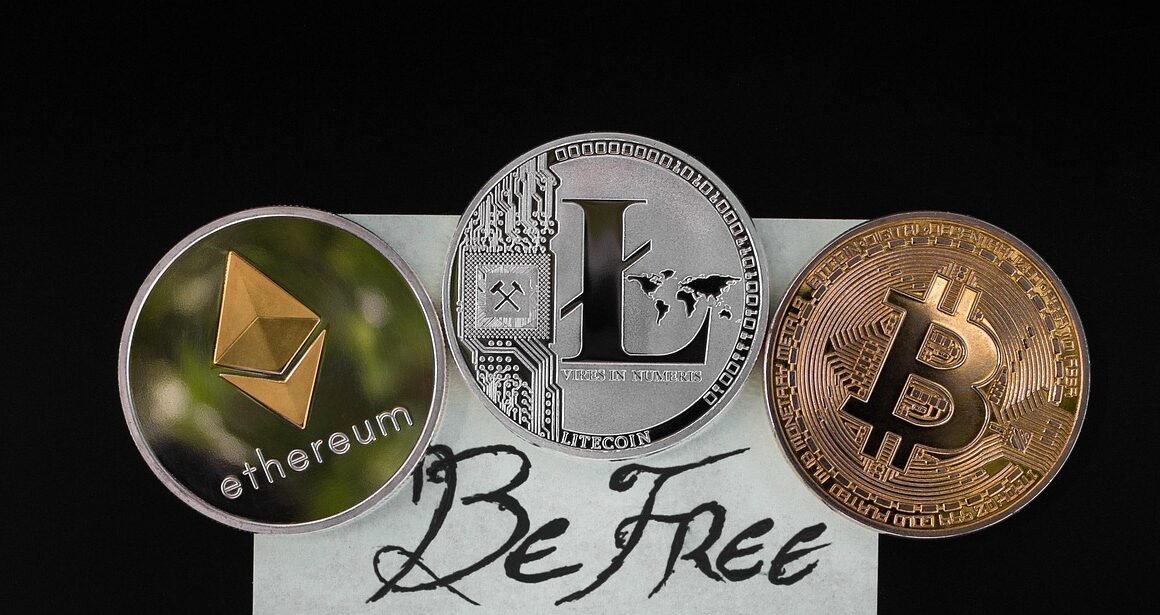The world of decentralized finance (DeFi) is constantly evolving, and one of its most impactful innovations is the governance token. These tokens empower holders to participate in the decision-making processes of decentralized protocols, shaping their future development and direction. They represent a shift towards more democratic and community-driven projects, fundamentally changing how organizations are managed. This blog post dives deep into governance tokens, exploring their mechanisms, benefits, challenges, and real-world applications.
What are Governance Tokens?
Definition and Purpose
Governance tokens are a specific type of cryptocurrency that grants holders voting rights within a decentralized protocol or organization, often referred to as a Decentralized Autonomous Organization (DAO). Think of them as digital shares in a company, but instead of voting on board members, you vote on things like protocol upgrades, fee structures, and the allocation of treasury funds.
- Purpose: To decentralize control and decision-making power away from a central authority and distribute it amongst token holders.
- Mechanism: Holders stake their tokens or use them to submit and vote on proposals. The weight of their vote is typically proportional to the amount of tokens they hold.
- Decentralization: Governance tokens are integral to the core philosophy of DeFi, fostering transparency and community involvement.
How Governance Tokens Work
The functionality of governance tokens is surprisingly straightforward, yet profoundly powerful. Here’s a breakdown of the process:
Example: MakerDAO and MKR
A prominent example of a project utilizing governance tokens is MakerDAO, the creator of the DAI stablecoin. The MKR token is the governance token for the Maker Protocol.
- MKR’s Role: MKR holders vote on parameters like the stability fee (interest rate) for DAI loans, debt ceiling limits, and the addition of new collateral types.
- Practical Implication: By participating in governance, MKR holders directly influence the stability and growth of the DAI ecosystem.
- Impact on Stability: If DAI’s price deviates from its $1 peg, MKR holders can propose and vote on changes to the protocol that will help restore stability.
Benefits of Governance Tokens
Enhanced Decentralization and Community Ownership
Perhaps the most significant benefit of governance tokens is the enhanced decentralization they provide. They empower users to actively participate in the development and direction of the protocols they use, fostering a sense of ownership and community.
- Reduced Centralization: Governance tokens distribute decision-making power, reducing the risk of single points of failure or manipulation.
- Community Input: Protocols benefit from the collective intelligence of their community, leading to more innovative and user-centric solutions.
- Increased Transparency: All proposals and votes are recorded on the blockchain, ensuring transparency and accountability.
Incentivized Participation
Governance tokens can also incentivize participation in the decision-making process. By rewarding active participation, protocols can encourage users to engage with the community and contribute to the overall health of the ecosystem.
- Rewarding Participation: Some protocols offer rewards to users who actively participate in governance, such as token airdrops or increased staking yields.
- Boosting Engagement: Incentives encourage users to stay informed about protocol developments and actively contribute to the decision-making process.
- Alignment of Interests: By aligning the interests of token holders with the success of the protocol, governance tokens promote long-term sustainable growth.
Improved Protocol Security and Resilience
A strong and engaged community is essential for the security and resilience of any decentralized protocol. Governance tokens can foster this sense of community, leading to more robust and secure systems.
- Bug Bounties and Audits: Token holders can propose and vote on initiatives to improve protocol security, such as bug bounties and smart contract audits.
- Emergency Response: In the event of a security breach, governance tokens can be used to quickly coordinate a response and mitigate the damage.
- Continuous Improvement: The ability to propose and implement changes allows protocols to continuously adapt and improve their security posture.
Challenges and Risks Associated with Governance Tokens
Low Participation Rates
One of the biggest challenges facing governance token models is low participation rates. Many token holders simply don’t vote on proposals, either due to lack of time, knowledge, or interest. This can lead to decisions being made by a small subset of the community, undermining the goal of decentralization.
- Voter Apathy: Overcoming voter apathy requires ongoing education and engagement efforts.
- High Gas Fees: High transaction fees (gas) on blockchain networks can discourage participation in voting, especially for smaller token holders.
- Solutions: Protocols are exploring solutions like liquid democracy, delegation, and gas subsidies to increase participation.
Whale Influence and Centralization Concerns
While governance tokens aim to decentralize power, the reality is that large token holders (“whales”) often have disproportionate influence. Their voting power can overwhelm smaller holders, leading to decisions that benefit them at the expense of the broader community. This concentrates power and goes against the spirit of decentralization.
- Wealth Disparity: The distribution of wealth in cryptocurrency is often uneven, leading to concentrated voting power.
- Collusion: Large token holders may collude to push through proposals that benefit their own interests.
- Potential Solutions: Quadratic voting, which makes each additional vote more expensive, is one potential solution to mitigate whale influence.
Governance Attacks and Malicious Proposals
The same mechanism that allows for positive changes can also be exploited for malicious purposes. Attackers can acquire a large number of governance tokens (through buying or borrowing) to pass proposals that harm the protocol or steal funds.
- Flash Loan Attacks: Attackers can use flash loans to temporarily acquire a large number of governance tokens and vote on a malicious proposal before returning the borrowed funds.
- Sybil Attacks: Attackers can create multiple fake identities to control a large number of votes.
- Mitigation Strategies: Time-delayed voting, whitelist approaches, and robust security audits can help mitigate the risk of governance attacks.
Real-World Applications of Governance Tokens
DeFi Protocols (Examples: Compound, Aave, Curve)
DeFi protocols are at the forefront of governance token adoption. Projects like Compound, Aave, and Curve rely heavily on their governance tokens to manage protocol upgrades, risk parameters, and incentive programs.
- Compound (COMP): COMP holders vote on proposals to adjust interest rates, add new collateral types, and manage the protocol’s reserves.
- Aave (AAVE): AAVE holders govern the protocol’s risk parameters, asset listings, and overall strategy. They also manage the Aave Ecosystem Reserve.
- Curve (CRV): CRV holders control the protocol’s emissions and gauge weights, influencing the rewards earned by liquidity providers.
DAOs and Community-Led Initiatives
Governance tokens are essential for the functioning of DAOs, enabling members to collectively make decisions about the organization’s direction, resource allocation, and future development.
- DAO Examples: ConstitutionDAO (failed attempt to buy a copy of the US Constitution), PleasrDAO (digital art collectors).
- Use Cases: DAOs use governance tokens for everything from treasury management and investment decisions to community funding and project proposals.
- Benefits: DAOs offer a more democratic and transparent alternative to traditional organizational structures.
Metaverses and Virtual Worlds
Governance tokens are increasingly being used in metaverses and virtual worlds to empower users and give them a say in the development of these digital environments.
- Example: Decentraland (MANA), The Sandbox (SAND).
- Governance Over: MANA holders in Decentraland can vote on land policy, content moderation, and the development of new features. SAND holders in The Sandbox can influence the development of the game and the allocation of resources.
- Community Ownership: Governance tokens allow users to shape the future of the metaverse and create a more immersive and engaging experience.
Conclusion
Governance tokens represent a powerful tool for decentralizing control and fostering community ownership in blockchain projects. While they offer significant benefits like enhanced decentralization, incentivized participation, and improved security, they also present challenges such as low participation rates, whale influence, and governance attacks. As the DeFi space continues to evolve, it’s essential to understand the intricacies of governance tokens and their potential impact on the future of decentralized organizations. By addressing the challenges and leveraging the benefits, governance tokens can play a crucial role in building more transparent, resilient, and community-driven ecosystems.



